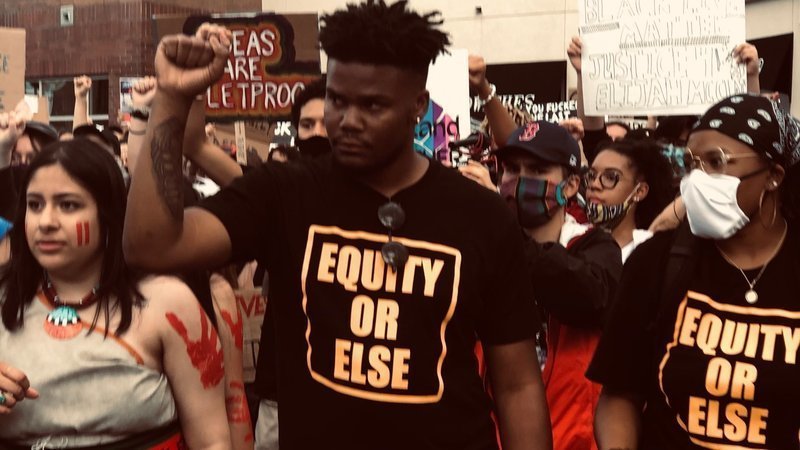- About
- Topics
- Picks
- Audio
- Story
- In-Depth
- Opinion
- News
- Donate
- Signup for our newsletterOur Editors' Best Picks.Send
Read, Debate: Engage.
| October 12, 2020 | |
|---|---|
| topic: | Human Rights |
| tags: | #religious freedom, #education, #Catholicism |
| located: | Croatia |
| by: | Katarina Panić |
Children who do not attend religious education classes, used to spend their time in school libraries, hallways or schoolyards. Now, under COVID-19 restrictions, they are banned from leaving the classrooms and forced to attend religious classes. Some 5,000 parents signed an online petition against this.
"Children who have not enrolled in religious education must no longer be ‘children in the hallways’, nor the children that schools don't know what to do with", wrote parents in a letter to the Ministry of Science and Education, posted shortly after the new school year started in September.
The problem is not a new one; it simply achieved greater visibility during the Coronavirus crisis. It is as old as the 1996 agreement between the Holy See and Croatia, which outlined cooperation in the fields of education and culture. It is now once again on the table, since precautionary measures taken against Covid-19 in schools reopened the question of discrimination against non-Catholic pupils. Some believe the school system is misusing the pandemic as an excuse to violate secularity guaranteed by the constitution.
According to the agreement with the See of Rome, religious classes are elective. Yet, there is a significant difference between religious class and other other optional courses. Schools are obliged to organise religious courses if parents or pupils want, whereas in other subjects, schools are the ones who decide what to offer or not, regardless of the parents' or pupils' will.
During the communist era, it was unimaginable to teach religion in public schools. After the fall of communism, it was not banned but marginalised. After Croatia became independent in the 90s, the Catholic church became one of the most influential and most trusted institutions in the country. The influence on schoolchildren is even more substantial, as religious education teachers are appointed by the church, not by educational authorities. Still, these teachers are paid by the state, not by the church.
According to the 2011 census, 86 percent of Croatian citizens consider themselves Catholics. Religious education is, again, optional, but uptake is more than 90 percent of pupils in primary schools. (This number is continuously decreasing, for one to two percentage points per year on average). However, in secondary schools, fewer than 80 percent of students attend religious classes. The difference is they have an alternative subject: Ethics. For primary school children and their parents, there is no such choice.
"Some parents enrol their children in religious education just because of this: not wanting their child to be stigmatised. The system makes these children unimportant and invisible, and that is exactly what makes them even more vulnerable. Let's do something together, as citizens of this country, to change that", the petition reads.
What made both parents and the public even more angry is one Zagreb school which suggested that pupils sit in the backbenches during religious classes, and to put their headphones on. The parents organised themselves, went to this school, took the children out and get them back after the religious class ended.
"We are a secular state; we have the right to choose. After all, it is the only elective subject that has to be in the middle of the schedule", Kristina Ercegović, a mother of a sixth-grade student told local media.
The parents’ requests are as follows: for the current school year, schools have to find a place where pupils may spend their time during the religious classes they don't attend; they have to be supervised, not alone; for next year, the religious classes have to be the first or the last in the schedule; if it is not doable, the schools have to offer an alternative such as robotics, DIY or additional art classes. All these requests are in line with the Croatian Ombudsman for Children.
Parents and activists who are fighting for secular education, as well as the left-wing political parties, believe that religion has to be taught in churches, not in schools. They warn of indoctrination in religious classes, and generally in the curriculum. Moreover, some religious education teachers have introduced nationalist elements and encourage intolerance towards atheists. Some campaign for the Vatican agreements' revision, while the church claims these documents protect it from the arbitrariness of the state.
"Religious education, set up in this way, educates voters of the HDZ (ruling party, rightists) or even more right-wing parties for those who are disappointed with the HDZ," Croatian philosopher Pavel Gregorić told N1 television.
By copying the embed code below, you agree to adhere to our republishing guidelines.
